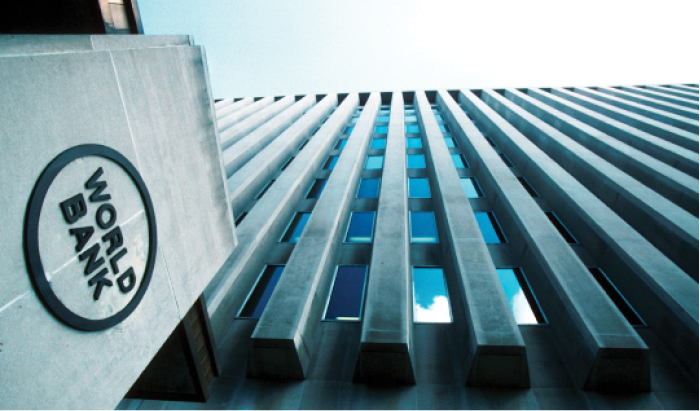The World Bank has sanctioned seven Nigerian firms and individuals for corruption.
This was disclosed in the bank’s latest Fiscal Year 2022, which covered July 1, 2021, to June 30, 2022, in the Sanctions System Annual Report.
- NEC approves $750m World Bank-backed business reform programme
- Nigeria gets biggest share of N27tn World Bank funding for Africa
The report comprises the integrity vice-presidency (INT), the office of suspension and debarment (OSD), and the sanctions board and its secretariat.
The sanction list contained three Nigerians and four Nigerian companies who were found guilty of corruption of necessary investigations by the Washington-based bank.
Out of the four companies, two were sanctioned by the African Development Bank, but recognised by other multilateral organizations, including the World Bank under the cross-debarment policy.
Salihu Tijani was debarred for three years and two months while Isah Kantigi was debarred for five years, according to the report.
Amin Moussalli was debarred for two years and 10 months alongside a conditional non-debarment for one year and six months.
Conditional non-debarment means that a firm or individual remains eligible to participate in World Bank-financed projects as long as the firm/individual complies with certain sanction conditions.
The bank said the report documents how, in a time of increasingly complex global challenges and historic development support by the World Bank Group, the offices of the sanctions system worked in the fiscal year 2022 (FY22) to help ensure that the WBG’s funds are used in a transparent and accountable manner and only for their intended purposes.
Speaking on the report, the World Bank Group President, David Malpass, said that corruption could damage the bank’s efforts in financing projects.
“Among them, it diverts scarce resources from achieving the projects’ objectives, robbing the benefits of development from the people who need them most; it increases costs for the most vulnerable while reducing their access to services—including health, education, and justice; and it undermines the public’s trust in institutions, thereby weakening governance and rule of law and increasing fragility.
“At a moment when every available resource must be deployed for maximum impact, these ill effects of corruption can be especially damaging.
“For this reason, it is important to recognise the role of the Bank Group’s sanction system, which plays a significant part in our institution’s efforts to maintain oversight and accountability for the financing we provide,” he said.

 Join Daily Trust WhatsApp Community For Quick Access To News and Happenings Around You.
Join Daily Trust WhatsApp Community For Quick Access To News and Happenings Around You.


